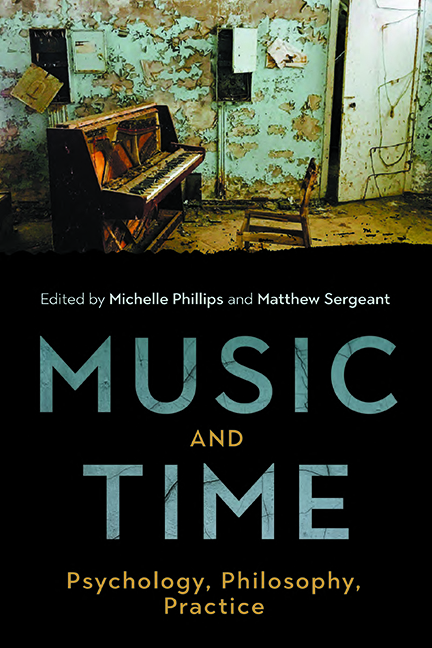8 - Comparing Temporal Fictions in Tonality and Triadic Post-Tonality: Chopin’s Fourth Ballade as a Link Between the Ages
Published online by Cambridge University Press: 07 October 2022
Summary
Introduction
A smattering of YouTube comments on Artur Rubinstein's performance of Chopin's Ballade No. 4 in F minor (1842) indicates that this music is deeply meaningful to many listeners, not only emotionally but temporally:
‘it only lasts 10 minutes, yet it contains the experience of a lifetime’
‘leave it to Artur Rubinstein to express a life lived.’
‘10:27 sounds like the end of time.’
How does music in general, and this music in particular, convey temporal meanings so powerfully? As I have argued elsewhere, music presents listeners with ‘temporal fictions’ that may cohere with normative temporal experiences – defined by aspects of human information processing and embodiment such as the perceptual present – or may deviate from them, in some cases radically. In earlier studies, I focused on relations between temporal organisation (e.g. event durations, the presence or absence of pulse and metre) and timelessness – the fiction that time has been suspended altogether – with which much twentieth- and twenty-first-century music has been concerned (see also Jonathan Kramer's vertical time). What are here called ‘temporal fictions’ relate to issues already presented in this volume, particularly the philosophical temporal puzzles explored by Connor and Smith in Chapter 4 of this volume, and the passage of time judgements discussed by Jones in Chapter 3. They emerge from complex interactions between many different musical properties, as well as subjective contexts and listening behaviours.
This chapter addresses another kind of musical property relevant to temporal fictions: harmony, focusing on interactions between harmonic structure and temporal organisation without detailed discussion of individual harmonic units. Harmony is, of course, one of the principal features that distinguishes tonality from post-tonality. Many strains of post-tonal music employ similar or identical harmonic units as tonal music (e.g. triads) but something fundamental differs in how these units are structured, with major implications for temporal fictions. As will be explained in the theoretical discussion below, an essential difference is that whereas tonal music typically presents the classical paradigm of beginning, middle, and end, triadic post-tonality may often present as an indefinitely extensible middle without beginning or end. This may be achieved through a variety of means, as I will demonstrate with examples from the post-tonal repertoire.
- Type
- Chapter
- Information
- Music and TimePsychology, Philosophy, Practice, pp. 129 - 146Publisher: Boydell & BrewerPrint publication year: 2022



